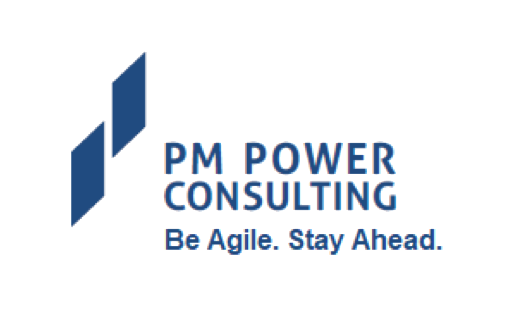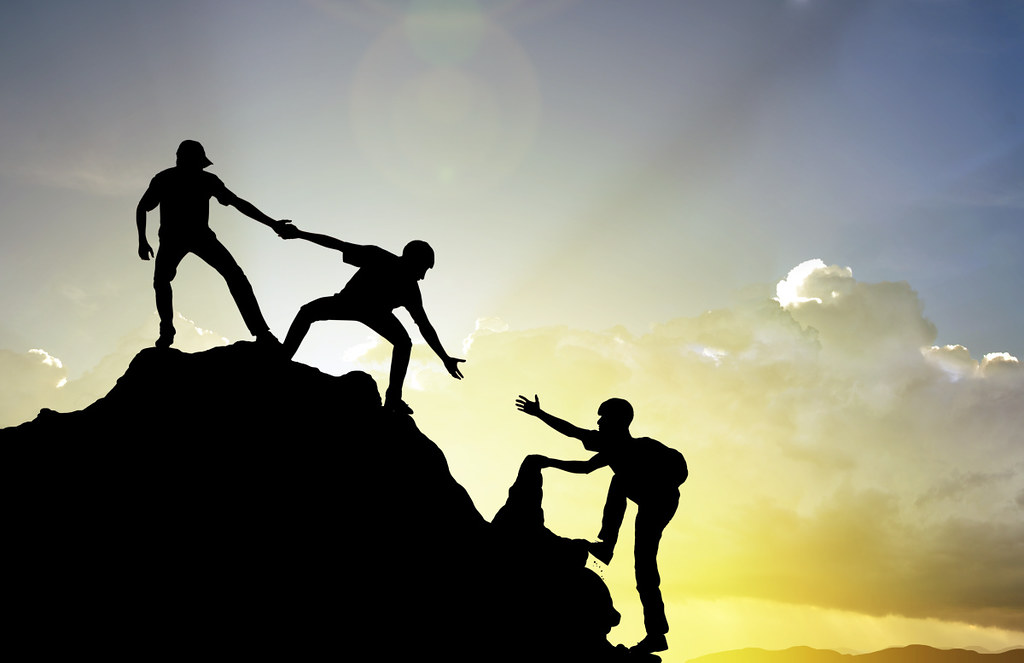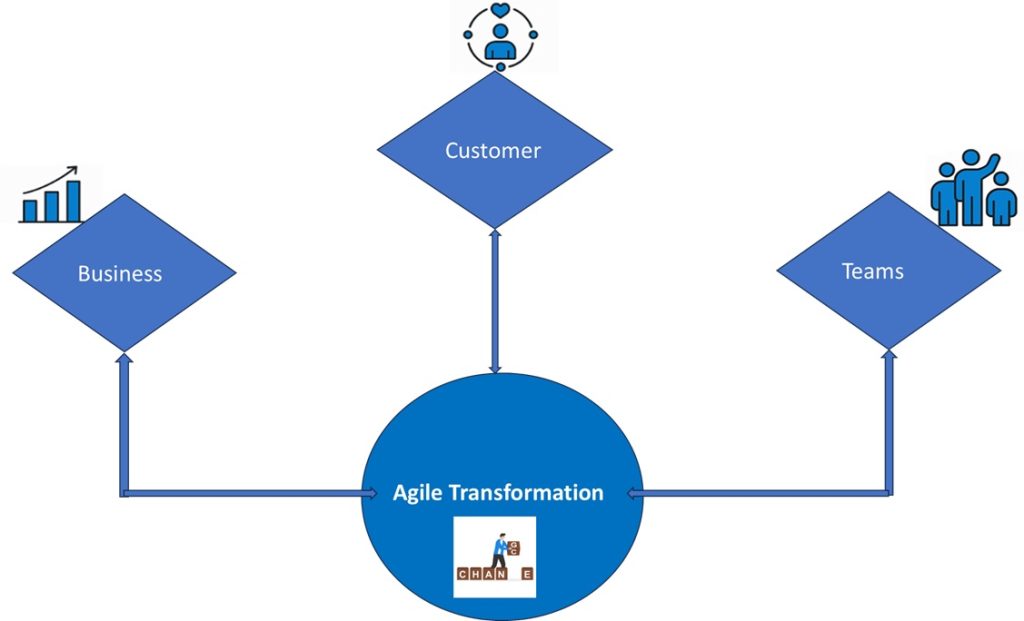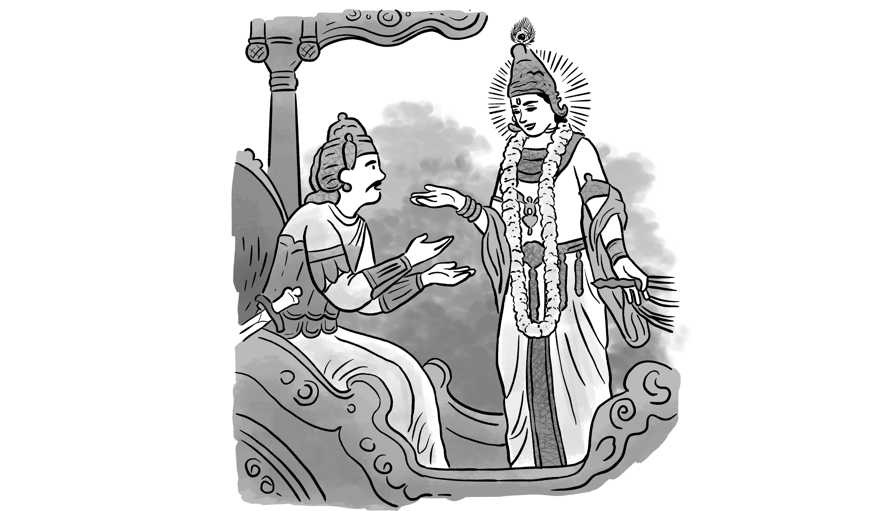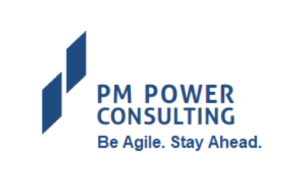When I look back on my career, the one constant that stands out is the power of human connections. My journey began in a young organization—a joint venture of two established companies—that had just 200 employees when I joined. Over the 15 years I spent there, it grew to over 2,000. From there, I went on to co-found my current company, which is now in its 30th year. For most of this journey, our team remained between 50 and 75 people, only recently expanding to nearly 100. Through all of this, I’ve been deeply intrigued by how people interact, how friendships form among colleagues, and the profound impact these connections have on professional performance, engagement, and personal growth.
In both companies I worked for, batch recruitment was a norm. Groups of fresh graduates or early-career professionals joined together, underwent training, and started their careers simultaneously. This initial phase—classroom sessions, group assignments, and practice exercises—created a camaraderie reminiscent of school or college. Friendships naturally formed, and many of these bonds endured well beyond those early days, thriving even as people moved on to different roles, locations, or companies.
The relationships formed during this time were more than just professional alliances. They became a source of learning, support, and mentorship. While technology has made maintaining these connections easier, some relationships remain special because of their impact on personal growth, not just career progression.
When I began as a software developer, my background in electronics engineering left me with little knowledge of programming or computing. Though company training programs helped, my true learning came from my peers—friends with more experience and deeper knowledge in the field. These “buddies” played a crucial role in my development, generously sharing their insights and guiding me as I navigated my early career.
Over time, some of these relationships evolved into mentorships. These individuals not only taught me technical skills but also helped me recognize my strengths, overcome my weaknesses, and transition from an individual contributor to roles in project management, program management, and business leadership. Even today, more than 45 years later, I continue to learn from these connections—many of whom have become lifelong mentors and friends.
The concept of buddy systems is universal, whether it’s pair programming in the software industry, police partnerships, or even informal peer relationships. The essence is simple yet profound: having someone who looks out for you, guides you, and shares their experiences. In my experience, such relationships can do more than boost professional performance—they can unlock your full potential as a person.
As I reflect on these relationships, especially during Thanksgiving, I feel an overwhelming sense of gratitude for the buddies who shaped my journey. They are the reason I’ve been able to grow and succeed, and they’ve enriched my life in ways that go far beyond professional achievements.
If there’s one lesson I’d share, it’s this: build your own network of buddies—people who will guide, challenge, and support you. These connections are invaluable, not just for career advancement but for personal growth and fulfillment. Invest in them, nurture them, and be a buddy to others in turn.
To all my friends, mentors, and colleagues who’ve been part of my journey, thank you for making me who I am today.
Sharing this reflection isn’t just about gratitude; it’s about encouraging others to recognize the power of connections in their own lives. Build your network, learn from it, and pay it forward—you’ll be amazed at what you can achieve.
